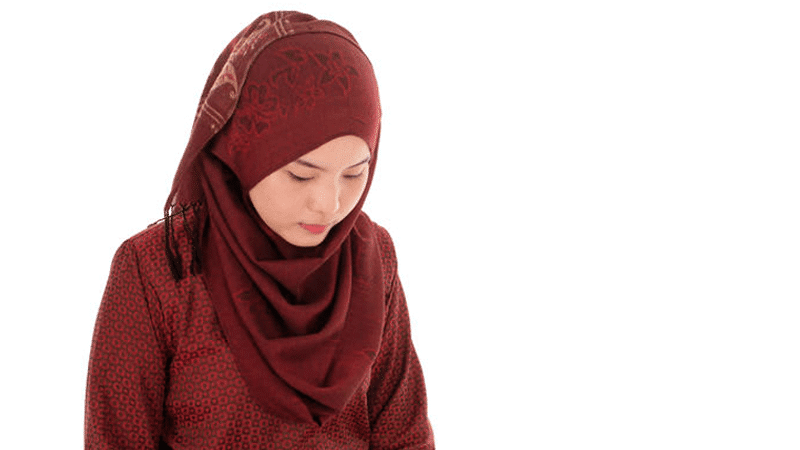The Government has said it will explore proposals to ensure Muslim couples register their marriage in law before a Sharia wedding – in a move welcomed by a member of the House of Lords.
The announcement was confirmed in the Integrated Communities Strategy Green Paper released this week. The move was already hinted at by Home Secretary Amber Rudd, who also said last month that the Government would not give state backing to Sharia councils.
In the green paper, which also abandoned a proposed Equality Oath for all public office holders, the Government welcomed the recent independent review into the application of sharia law.
Civil marriages
“We share the concern raised in the review that some couples may marry in a way that does not give them the legal protections available to others in a civilly registered marriage.
“We are also concerned by reports of women being discriminated against and treated unfairly by some religious councils.”
The Government added that it is “supportive in principle of the requirement that civil marriages are conducted before or at the same time as religious ceremonies”.
It will “explore the legal and practical challenges of limited reform relating to the law on marriage and religious weddings”.
Divorce and polygamy
The move was welcomed by Baroness Cox – a Patron of The Christian Institute.
Baroness Cox said the Government’s proposals “would provide protection from gender discrimination inherent in many applications of Sharia law, such as asymmetrical access to divorce and polygamy, which are causing many women totally unacceptable suffering in our country today.”
Lady Cox also welcomed “the Government’s proposed support for awareness campaigns in partnership with voluntary sector organisations.”
She urged the Government “to proceed as quickly as possible to alleviate the tragic predicament of many Muslim women whose suffering would make the Suffragettes turn in their graves.”
Non-legally binding marriage
Baroness Cox previously tried to introduce a Private Member’s Bill to protect women from unwittingly entering into a non-legally binding marriage.
The Bill was supported by The Christian Institute and the National Secular Society.

